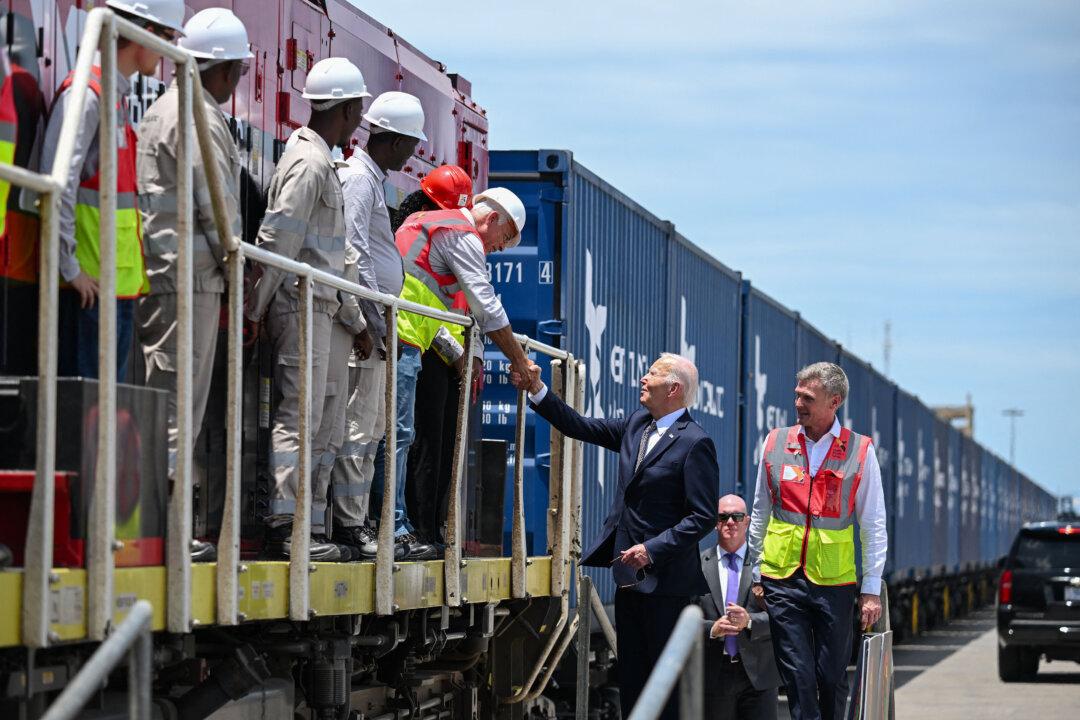JOHANNESBURG—Joe Biden was in Angola, an oil-rich former Portuguese colony in southern Africa, this week, for his first and last visit to Africa as President of the United States.
He walked red carpets and gave salutes. At a museum, he delivered a 30-minute speech about the horrors of slavery. He ate seafood from the nearby Atlantic Ocean at a plush hotel built with petrodollars in the capital, Luanda.





